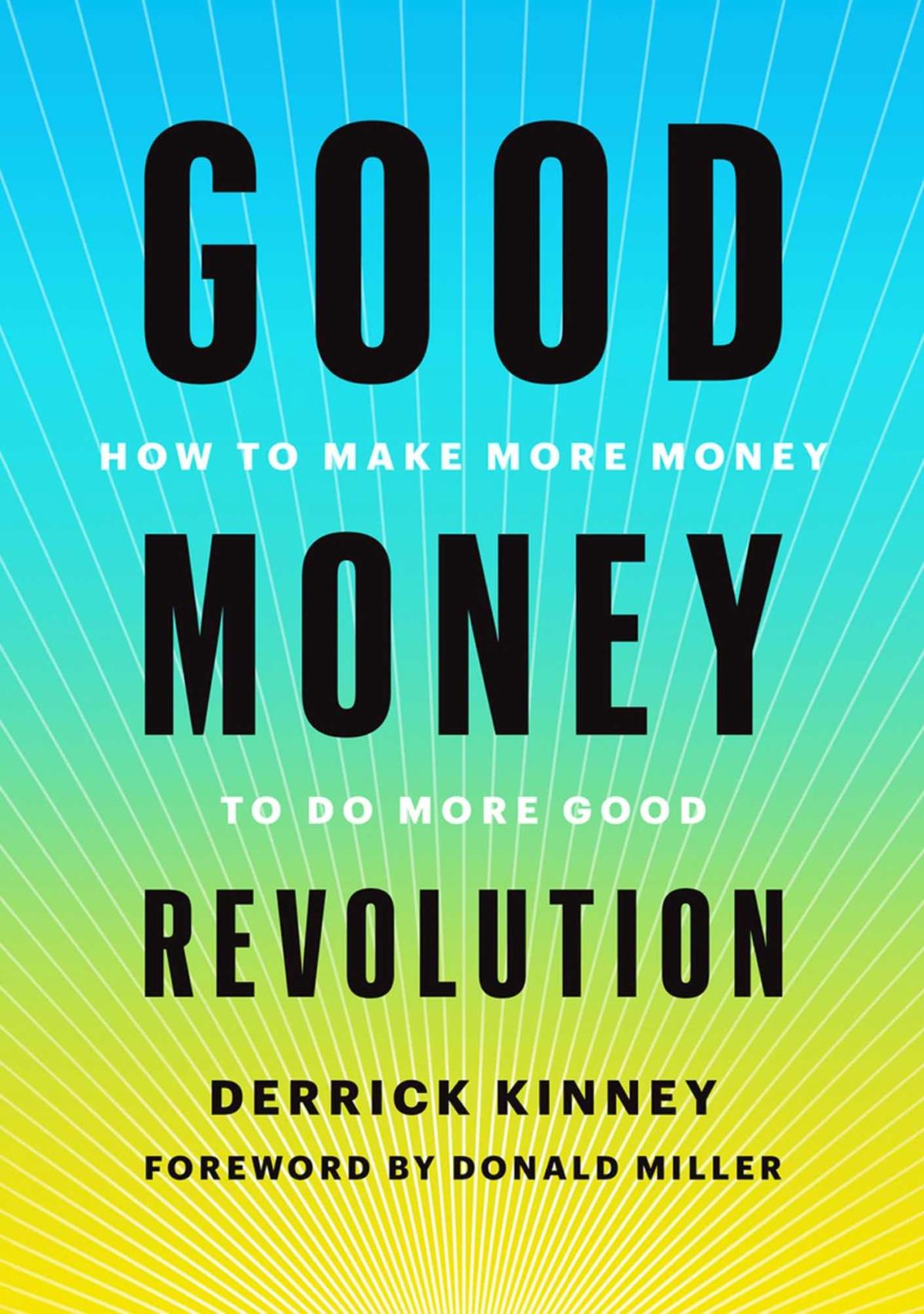A few years ago when my son Conner was learning to drive, we’d go practice together, him at the wheel and me with my imaginary brake. One day as we reached a stop sign, he gently slowed but didn’t come to a complete stop. Just a couple seconds later we saw a police car in our rear-view mirror flashing its red and blue lights. We were pretty sure he wasn’t stopping us to say hi.
After explaining that we were father and son and that Conner was practicing his driving, the officer looked bemused (or maybe sympathetic) and gave us a break. He let Conner off with a warning and told him to make sure he came to complete stops in the future.
Afterward, I asked Conner why he hadn’t come to a complete stop.
“Well, Dad, that’s what you do at a stop sign.”
That hit me right between the eyeballs. He saw my blind spot. He was right, of course. Since then, I’ve made it a point to treat a stop sign just like it says: I stop (not California style). I’ve also tried to translate this lesson into other parts of my life, namely by not teaching one thing and doing another.
Just like my son imitated my incomplete stops, your children are watching you—including how you deal with your money and your attitudes about it.
- Don’t hit your sister.
- Say “please” and “thank you.”
- Chew with your mouth closed.
- Drive carefully (and stop at all the stop signs).
- Nothing good happens after midnight.
So what’s holding you back? Number one: fear of looking incompetent when it comes to money. “I don’t have all the answers,” you tell yourself. “I don’t know all that technical information about stocks, bonds, and interest rates. I don’t speak finance. Terms like accelerated depreciation, APR, and stop limit orders mean very little to me. If I don’t know all there is to know about money, how can I teach someone else?” Or you might say to yourself, “I didn’t make very good money decisions, so what could I possibly teach my kids?”
This belief will keep you and your family from building real wealth. If you don’t believe you can earn, save, and give more—you won’t. Instead, I challenge you to hit your reset button and say out loud, “I might not know everything, but I want to learn. I want the tools to earn more, save more, and give more so my money can impact my family and the world.”
Here’s the best part: You and your family can talk through this journey together—learning as you go. In the world we live in, it’s difficult to admit you don’t know everything. To learn a new skill or start a new job requires curiosity, humility, and discomfort. “Let’s be curious together,” financial coach Kelsa Dickey likes to say. Be upfront with your family. Let them know you’ve made mistakes and are continuing to learn.
It is not uncommon to find that people (even in the same household!) have vastly different views on saving and spending, investing and giving. How can those with opposing opinions on how to handle money learn from one another? Open dialogues are the key. Seek to understand different viewpoints about money and strive to find a common ground.
Children see how their parents, grandparents, and other relatives operate with money. If they hear constant complaining and sense a scarcity mentality, they are learning, “Oh my goodness, that’s how money is. It’s something that brings hardship to people and makes people angry.” It’s important to teach them that doesn’t have to be your future or theirs. Money is a tool; not a tool to be used against people, but to improve people and the world. Discussing money—why it’s important, the good it can do, how to make it and save it, and how to share it with others—can truly change the trajectory of your life and the lives of your children.

You may not feel confident to speak about money, much less teach others about it. Think about all the new things you are learning. People learn a language. They learn a trade or a new skill, and the more they use that new knowledge, the more they practice it, the more skilled they become. It’s the same with money. The more you learn, the more you use that knowledge, the more skilled you become, and the better money decisions you will make. Now more than ever, you, and those you care about, deserve to be equipped with the tools available to do the best you can with your money.
Keeping with the theme of driving, my youngest son, Dillon, recently earned his driver’s license. As he prepared to take his driver’s test in my wife’s SUV, his most challenging task was to parallel park. To get ready, he would drive me to the local elementary school where I would place cones that represented cars. It was his job to skillfully back into the space while avoiding knocking over the cones, then stopping smoothly next to the curb. At first, he kept hitting the curb or running over the cones. He needed to learn to turn the wheel a little sharper. After lots of practice (and several trips to the elementary school), he began to get it. He figured out the exact spot where to pull up and stop and when to turn his wheel so that the SUV would end up nestled tightly near the curb. Suddenly he saw it, the pattern of successful parallel parking. By doing the same thing over and over—and doing it better and better—he was getting the desired result. You could say it clicked, the lightbulb went off, he got it—any catchphrase will do. When he saw success, it built confidence. So I wasn’t surprised when the no- nonsense state trooper gave him a near-perfect score. The more you practice, the more skilled you become.
- Here’s how you can make it.
- Here’s how you can grow it.
- Here’s how we can collaborate to do more with it.
Teach your kids and grandkids that money is not the enemy—that it’s not money’s fault you can’t do something. Money is a tool. You can make it, grow it, give it—and make the world a better place.
Next, I want to give you three easy money lessons that no one is teaching your children.

This excerpt is taken from “Good Money Revolution: How to Make More Money to Do More Good” by Derrick Kinney.
To read other articles of this book, click here.
To buy this book, click here.
The Epoch Times copyright © 2023. The views and opinions expressed are those of the authors. They are meant for general informational purposes only and should not be construed or interpreted as a recommendation or solicitation. The Epoch Times does not provide investment, tax, legal, financial planning, estate planning, or any other personal finance advice. The Epoch Times holds no liability for the accuracy or timeliness of the information provided.








